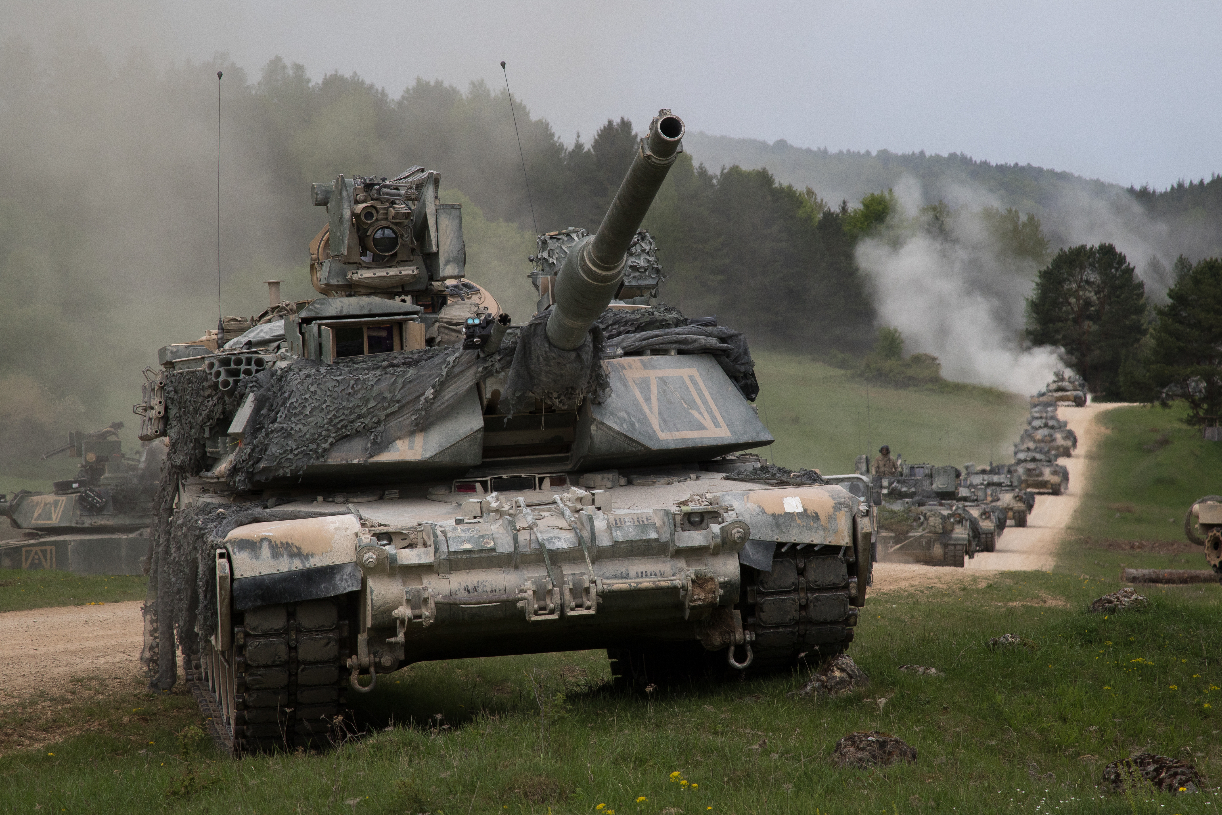Views: 5
The policymaking season in Russia begins in the final days of August, as a critical number of officials return from summer vacations. It won’t be long before the full political repercussions of Ukraine’s Kursk offensive become clear.
However, the situation has evolved: ongoing purges among Russia’s military leadership, frantic Kremlin attempts to block access to YouTube and other messaging platforms, and other recent developments have contributed to growing uncertainty. This shifting landscape may have created an opportunity for Ukraine to launch a bold and risky incursion into Russian territory.
As of the end of August 2024, the scale of the Ukrainian advance in Kursk appears limited to several hundred square miles—a small fraction compared to the over 40,000 square miles of internationally recognized Ukrainian territory currently occupied by Russia. So far, Russian forces have largely contained the Ukrainian troops’ advance in Kursk. The extent of destruction and displacement in the Kursk region remains relatively easy to hide from the broader Russian public, at least for now.
The Kursk invasion has also exposed significant shifts in the public stances of Washington and Moscow. In late 2022, the United States reportedly viewed Russia’s threat to use nuclear weapons in Ukraine as a real possibility, especially as Russian forces were being pushed out of Kharkiv and Kherson. This perception led to a temporary slowdown in U.S. military aid to Ukraine. Today, however, Washington appears unfazed by Russia’s reaction to Ukraine’s direct incursion into Russian territory. Ukraine, in turn, has noted the apparent blurring of Russia’s “red lines.” Could this signal a forthcoming shift in U.S. policy toward aid to Ukraine?
Meanwhile, the Russian leadership has struggled to deliver a clear message in response to the Kursk attack. Typically adept at crafting strong rhetoric and reassurance, President Vladimir Putin has recently shown limited ability to set the agenda in the ongoing conflict with Ukraine. Russian officials have also been inconsistent in their diplomatic posture. For instance, Moscow recently ruled out negotiations with Kyiv, using the Kursk invasion as a pretext. This stance could lead to a stalemate at a time when Russia might benefit from talks; Ukraine is unlikely to withdraw from Kursk voluntarily, and ejecting them has proven challenging for Russia. Additionally, China, Russia’s key ally and one of the few third parties it listens to, has been vocal in demanding a diplomatic solution. By refusing to negotiate, Moscow may risk alienating its primary ally.
The policymaking season in Russia begins in the final days of August, as a critical number of officials return from summer vacations. It won’t be long before the full political repercussions of Ukraine’s Kursk offensive become clear.
NATIONAL INTEREST


